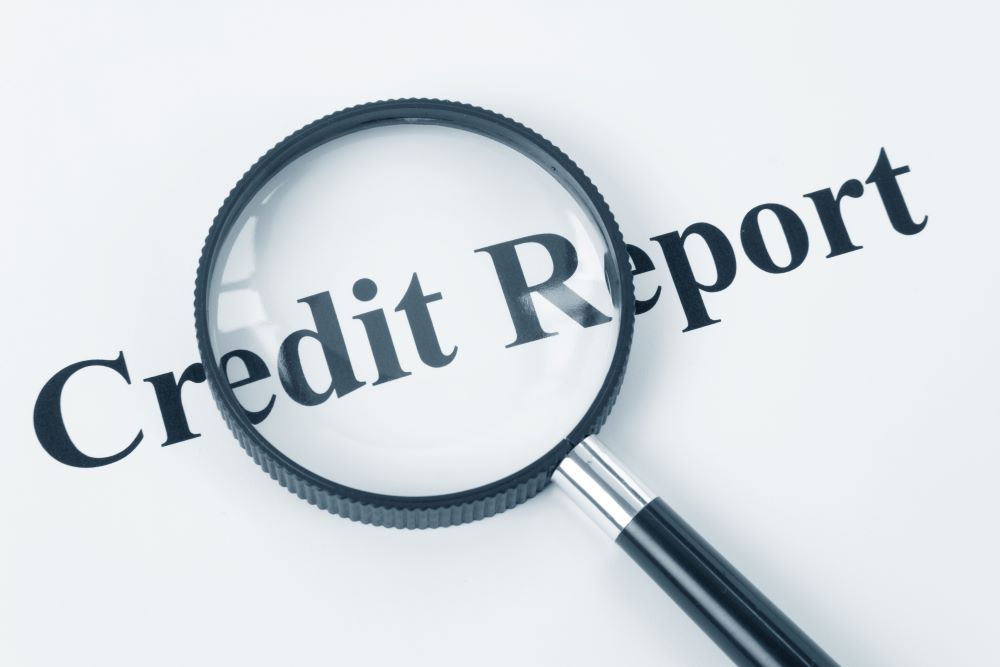Have you ever heard of a delinquent account? Or do you have a delinquent account on your credit report? A delinquent account is simply an account that is past due. Your account becomes delinquent when you borrow money or use a credit card without making your payments.
Here is more information on what you need to know about a delinquent account on a credit report.
What Does a Delinquent Account Mean on a Credit Report?
A delinquent account happens when you take out credit but you haven’t made a payment in 30 days or more. A delinquent account is usually not reported by the creditor to a major credit bureau until more than two payments have been missed.
Although it isn’t a must for creditors to report a delinquent account, they usually do. Creditors make this report because of important information such as late payments, timely payments, defaults, delinquency, etc. can impact your credit scores.
Once your account is reported as delinquent, it negatively affects your credit report and your chances of borrowing later.
The following steps may be taken by your credit creditor when you have a delinquent account:
- First, you can be charged a late fee on the first day.
- 30 days later, your account can be reported late to the major credit bureaus. You can be charged another late fee.
- If you miss the second payment, you can be penalized. After 60 days, you can still be reported late, depending on how many days you are late.
- Once your account has been reported as 90 days late to a major credit bureau, your account might be closed, and another late fee can be incurred.
- Your account may be sold or assigned to a collection agency after three to four months. And there might be additional late fees.
These steps vary from creditor to creditor.
How Does a Delinquent Account Impact My Credit?
There is no positive impact of a delinquent account on your credit scores. Not paying monthly debts, either intentionally or if it is an inaccuracy, can negatively influences your credit scores.
Negatively Impacted Credit Scores
When your monthly payments are overdue without paying, and it is reported, your credit scores are bound to drop. A poor credit score can negatively affect your credit now and in the future.
With a point drop as high as 100, you might be denied loan or credit card approval.
If this delinquency has persisted for three months or more, your credit card might be canceled by your credit card issuer.
Increase in Interest Rate
With poor credit scores due to late payments, there might be a large increase in the interest rate of your loan. That is, if you can get a loan or credit card approval.
How To Get Rid of Delinquent Accounts on a Credit Report?
To help remove a delinquent account from your credit report, you can do the following:
Pay Your Debts
The best thing to do is pay back your debts. When you pay back your debts, your credit reports can reflect that you have issued some payments.
Unfortunately, if you have a delinquent account, the negative impact can stay on your credit report for about seven years.
Create a Dispute for an Inaccuracy
Credit reports can sometimes contain inaccurate information. You are allowed to question them. For example, if you are sure that the presence of a delinquent account on your credit report is inaccurate, you can file a dispute with the major credit bureaus.
When your dispute is received, you might need about 30 days for proper investigations to be made. After the investigation, if the information is inaccurate, the major credit bureau can clear the delinquent account from your credit report.
Best Ways to Help Avoid a Delinquent Account
Here are tips to help you avoid a delinquent account.
Pay Your Debts on Time
Make a budget and pay your debts. When you repay credit on time, you can avoid the risk of having a delinquent account. In the long term, you can help avoid a poor credit score.
Credit Monitoring
Keeping an eye on your credit report and scores is essential. By doing this, you can monitor for score changes as well as inaccuracies and suspicious activities that can negatively impact your credit scores. Signing up for a credit monitoring services helps you stay on top of your credit report and scores while also providing alerts for possible fraudulent activity.
Consult a Financial Expert
Financial experts or counselors can help you understand, analyze and plan your finances. They also offer advice that benefits you and your current and future financial goes.











